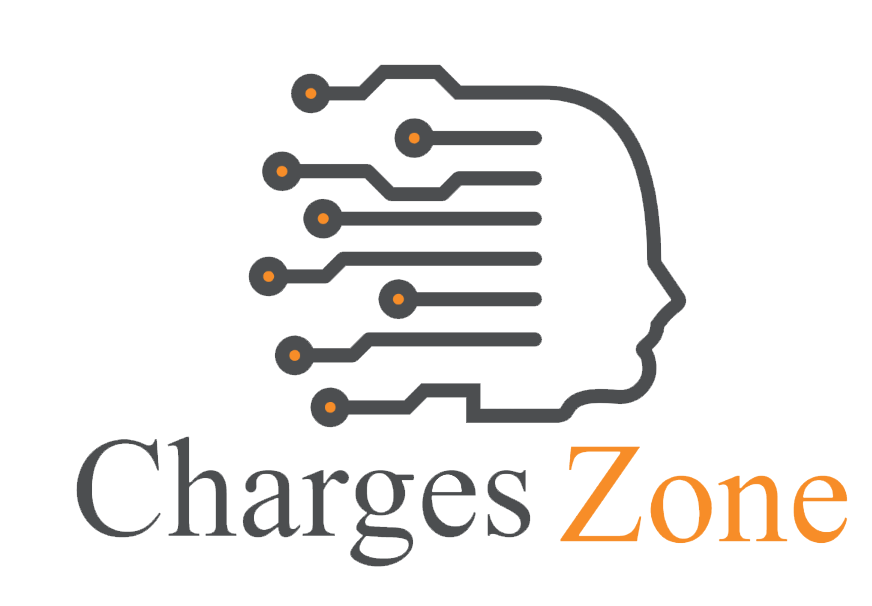Smart Investment Property Financing Strategies for First-Time Rental Property Buyers
Are you a first-time rental property buyer looking to invest in real estate? Congratulations on taking this big step! However, financing your rental property can be a challenging task, especially if you’re new to the real estate market. Fortunately, there are several smart investment property financing strategies that you can use to fund your rental property investment. In this article, we will cover everything you need to know about financing your first rental property purchase.
Benefits of Investing in Rental Property
Before we dive into the details of financing your rental property investment, let’s take a moment to discuss the benefits of investing in rental property.
Rental properties provide a steady source of income. Rent payments can help you pay off your mortgage and generate a passive income stream that can provide financial security in the long run.
Additionally, rental properties can appreciate in value over time, which can help you build wealth. Rental properties also offer tax benefits such as deductions for mortgage interest, property taxes, and depreciation.
Understanding Your Financing Options
There are several types of loans for real estate investors looking to buy rentals. Therefore, understanding the different kinds of financing options is essential to choose the best one for your needs.
Traditional Financing Options for Rental Properties
Conventional Mortgages
One common funding choice for real estate investors is a traditional mortgage. Since the government does not guarantee a conventional mortgage, the lender is responsible for the loan’s risk. However, you need to be credit-worthy and have a low debt-to-income ratio in order to be approved for a conventional mortgage.
FHA Loans
An FHA loan is a government-backed loan that is designed to help first-time homebuyers. FHA loans have lower down payment requirements, making them an attractive option for first-time rental property buyers. However, FHA loans have stricter requirements and higher interest rates than conventional mortgages.
VA Loans
VA loans are designed for military veterans and their families. VA loans offer attractive interest rates and require no down payment. However, VA loans have strict eligibility requirements.
USDA Loans
USDA loans are designed for low-income homebuyers in rural areas. USDA loans offer attractive interest rates and require no down payment. However, USDA loans have strict eligibility requirements.
Non-Traditional Financing Options for Rental Properties
Private Money Loans
Private money loans are loans provided by private lenders. Private money loans have higher interest rates than traditional loans, but they offer more flexibility and faster funding.
Hard Money Loans
Hard money loans are short-term loans provided by private lenders. This style of loan has higher interest rates and stricter requirements than traditional loans. However, they offer faster funding and more flexibility.
Portfolio Loans
Portfolio loans are loans provided by banks and credit unions that keep the loans on their books instead of selling them to other lenders. Portfolio loans have more flexible eligibility requirements and offer more flexibility in terms of loan terms and repayment options.
Smart Financing Strategies for First-Time Rental Property Buyers
Now that you understand your financing options, let’s discuss some smart financing strategies for first-time rental property buyers.
Improve Your Credit Score
When a lender is deciding whether what interest rate to offer and whether you even qualify for a loan, your credit score is a key factor. Take actions to raise your credit score before asking for a loan, such as paying your payments on time and lowering your debt-to-income ratio.
Save for a Down Payment
Saving for a down payment can help you secure a better interest rate and lower your monthly payments. Aim to save at least 20% of the purchase price of the rental property to avoid private mortgage insurance (PMI).
Shop Around for the Best Rates
Don’t settle for the first loan offer you receive. Instead, shop around and compare rates from different lenders to find the best financing option for your needs.
Consider a Co-Signer
If you don’t qualify for a loan on your own, consider adding a co-signer to your application. A co-signer with a strong credit history can help you secure a loan with better terms and interest rates.
Research Your Local Market
Before investing in a rental property, research the local market to determine if it’s a good investment. Look for areas with strong rental demand, low vacancy rates, and high rental yields.
Don’t Overpay for Your Investment Property
When purchasing a rental property, don’t overpay. An overpriced property will reduce your return on investment and make it harder to secure financing.




